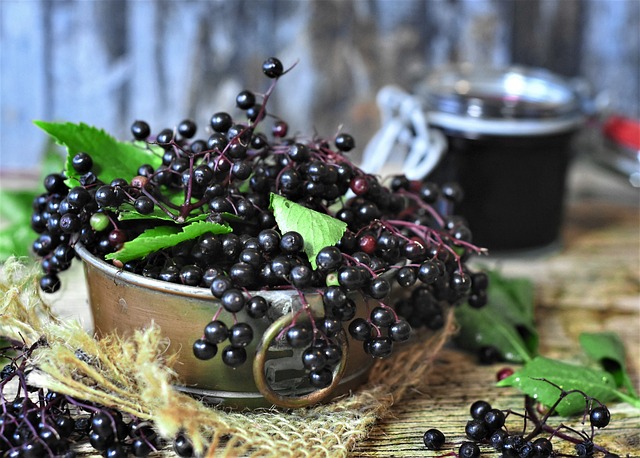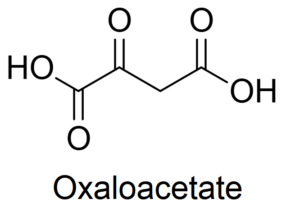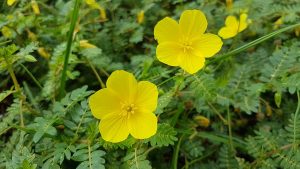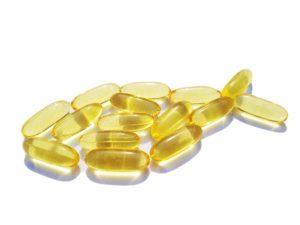Elderberry for Treating Colds and Flu

Elderberry (Sambucus nigra) is a plant from European herbal traditions that has long been used to help treat colds, flu and other health conditions. More recently, the latest research is starting to support its potential utility.
Recent Positive Studies
Cold and Flu Treatment
In 1993, during an influenza outbreak in Panama, patients were given either elderberry extract or placebo and their flu symptoms were tracked (Zakay-Rones 1995). Ninety-three percent of patients showed improvement on day two with the extract as compared to 92% showing improvements by day six in the placebo group. For individuals with influenza, the treatment decreased the duration of symptoms by more than half. Moreover, side effects were virtually non-existent.
A separate trial by the same researcher in Norway, found similar results (Zaka-Rones 2004). During the 1999-2000 flu season, individuals who became sick were given one-half ounce of elderberry extract four times a day for five days or placebo. Patients who received elderberry reduced the duration of being sick by four days on average.
A trial on elderberry lozenges, four per day for two days, or placebo for the treatment of influenza also yielded benefits (Kong 2009). Patients taking the elderberry lozenge had significant improvements by day two for both pain and runny nose, whereas placebo patients had increased symptoms.
Prevention
A study of intercontinental air travelers out of Australia gave 312 passengers either elderberry extract or placebo during their initial travels (Tiralongo 2016). Fewer individuals got sick that took elderberry, but not enough cases of respiratory infection occurred to reach statistical significance. However, for those that got sick, the duration and severity of the illness were significantly reduced by half with elderberry treatment.
Negative Studies

While most of the studies have found elderberry to be helpful, an outpatient emergency room trial of elderberry or placebo did not find benefits from the herb for shortening the duration of the flu (Macknin 2020). In the study, patients were given elderberry or placebo. In addition, all patients were also offered a prescription antiviral. The only treatment that proved effective in the study was the prescription medication. It’s worth noting that the study used the same extract at the same dosage as many of the previous studies.
Conclusion
The majority of the studies on elderberry appear to indicate significant effects for reducing the severity and duration of colds and flu. It’s also worth noting that numerous studies evaluating the constituents of the herb have also shown that elderberry has antiviral, antibacterial and immune stimulating properties (Mocanu 2022). Due to the research and the safety of the extract, I have often recommended it as a potential treatment. It also has a pleasant sweet taste, making it easy for most patients to take. Like many natural treatments, more research can help to flesh out the full efficacy of elderberry as a potential treatment.



